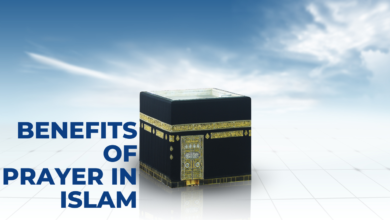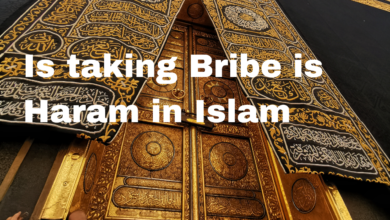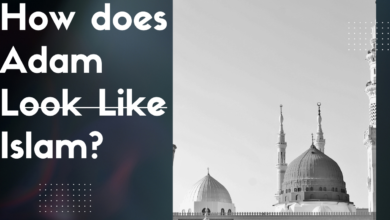
Dua Islam
Dua in Islam is the act of supplication and heartfelt prayer in which Muslims communicate with Allah, seeking guidance, blessings, forgiveness, and expressing gratitude.
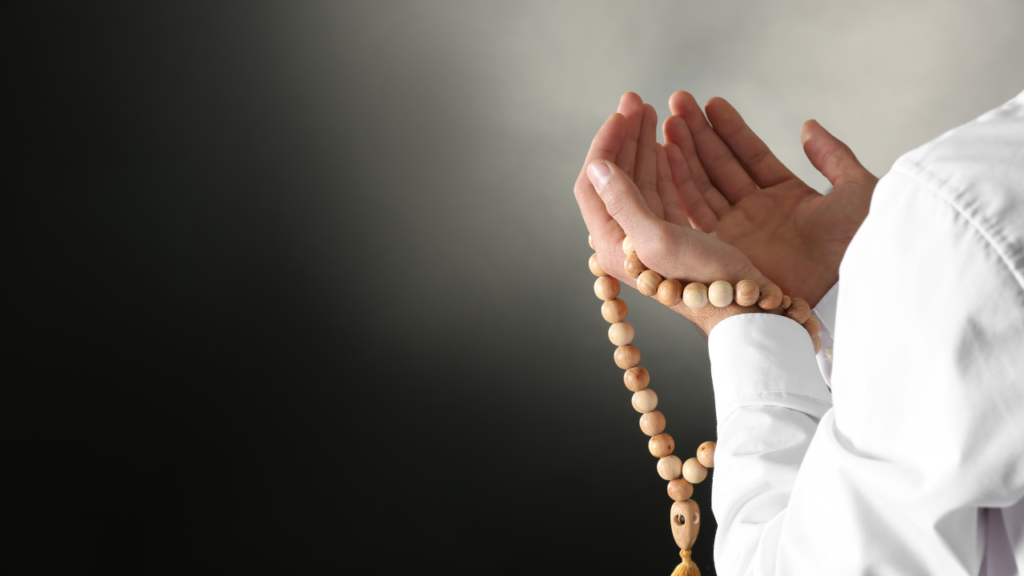
Introduction
Dua, the act of supplication and heartfelt prayer in Islam, is a profound and integral part of the faith. It serves as a means of communication between believers and the Divine, allowing Muslims to seek guidance, forgiveness, and blessings from Allah (God). The significance of dua in Islam cannot be overstated, as it is a powerful tool for strengthening one’s faith, finding solace, and navigating life’s challenges. In this article, we will explore the concept of dua in Islam, its importance, and how it shapes the lives of Muslims around the world.
Understanding Dua
Dua, pronounced as “doo-ah,” is derived from the Arabic word “دعاء,” which means “invocation” or “supplication.” It is the act of turning to Allah with sincere intentions, pouring out one’s heart, and making requests or expressing gratitude. Dua can be performed in various forms, including silently in one’s heart, verbally, or in writing. It can be as simple as a few heartfelt words or as elaborate as a lengthy, structured prayer.
Also check.
- Why did Islam Spread So Quickly?
- Why Does Allah Test Us?
- What is Gambling in Islam?
- What is Interest in Islam?
- What is Hell in Islam?
The Importance of Dua
Dua holds immense importance in Islam for several reasons:
- Connection with Allah: Dua is a direct means of communicating with Allah. It strengthens the bond between the believer and the Divine, fostering a deep sense of spirituality and closeness to God.
- Submission and Humility: When Muslims make dua, they acknowledge their dependency on Allah. It is an act of humility, recognizing that all power and control belong to Him alone.
- Seeking Guidance: Muslims turn to dua when seeking guidance in life’s decisions, whether big or small. It is a way to ask Allah for clarity and wisdom.
- Gratitude and Praise: Dua is not just about asking for favors; it is also about expressing gratitude and praising Allah for His blessings, both big and small.
- Repentance and Forgiveness: Dua plays a crucial role in seeking forgiveness for sins and mistakes. Muslims believe that sincere repentance, coupled with heartfelt dua, can lead to Allah’s forgiveness.
- Patience and Perseverance: Dua helps Muslims remain patient during times of adversity and uncertainty. It instills hope and reminds believers that Allah’s plan is always perfect.
The Practice of Dua
Dua is a versatile and flexible practice in Islam, allowing believers to make supplications in various situations and contexts. Some common instances when Muslims engage in dua include:
- Daily Prayers: Muslims incorporate dua into their daily five obligatory prayers (Salat). There are specific times during these prayers, such as after the Sujood (prostration), when Muslims are encouraged to make personal supplications.
- Before and After Meals: Offering dua before and after meals is a way to express gratitude for sustenance and seek blessings for the food consumed.
- During Hajj and Umrah: Pilgrims visiting the holy cities of Mecca and Medina engage in extensive dua, seeking forgiveness and blessings during these sacred journeys.
- In Times of Distress: Muslims often turn to dua during challenging times, be it personal difficulties, illness, financial hardships, or other trials.
- Upon Hearing Good News: When Muslims receive good news or experience moments of happiness, they express gratitude to Allah through dua.
- Before Sleep: It is a common practice to recite specific dua before going to sleep, seeking protection during the night and asking for a peaceful rest.
- For Others: Muslims are encouraged to make dua not only for themselves but also for their family, friends, and humanity as a whole.
Conclusion
Dua is a fundamental aspect of Islamic faith and practice, offering believers a direct channel to connect with Allah. It serves as a means of seeking guidance, expressing gratitude, and finding solace during challenging times. The act of dua reinforces the core principles of Islam, including submission, humility, and reliance on Allah. Whether offered silently in the heart or articulated in words, dua is a powerful and deeply personal practice that shapes the lives of Muslims around the world, strengthening their faith and providing a source of comfort and hope in all circumstances.
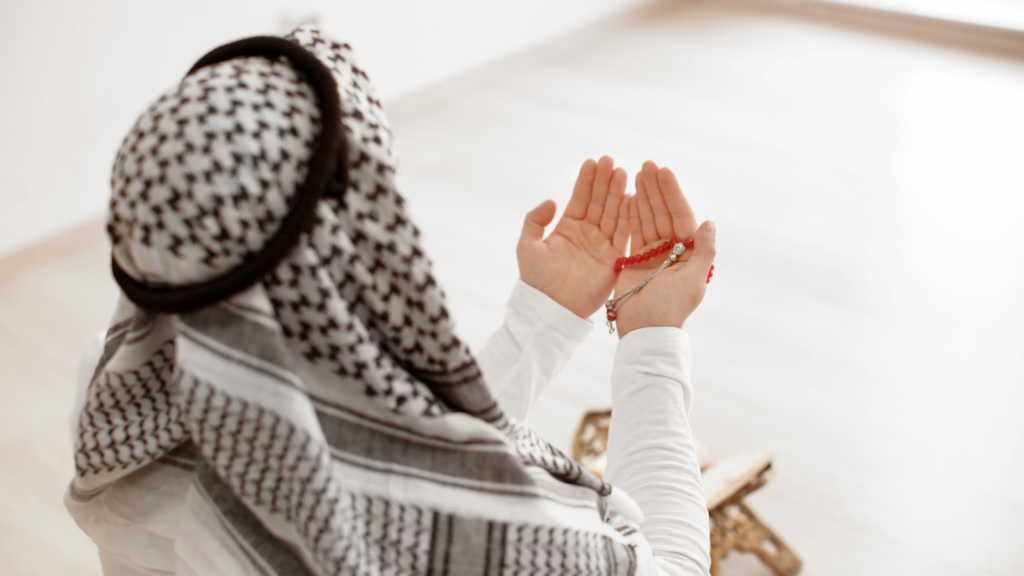
FAQs
What is Dua in Islam?
Dua in Islam is the act of supplication and heartfelt prayer in which Muslims communicate with Allah, seeking guidance, blessings, forgiveness, and expressing gratitude.
Why is Dua important in Islam?
Dua is important in Islam because it strengthens the connection between a believer and Allah, reinforces humility, and provides a means to seek guidance, forgiveness, and solace in various aspects of life.
How should I make Dua?
Dua can be made silently in your heart, verbally, or in writing. It should be sincere, humble, and made with full faith in Allah’s mercy and power.
Are there specific times when Dua is more effective?
While Dua can be made at any time, there are highly recommended times, such as during the last third of the night, on Fridays, during fasting (especially in Ramadan), and after obligatory prayers.
Can I make Dua in my own words, or should I use specific prayers?
Both are acceptable. You can make Dua in your own words, expressing your thoughts and feelings. There are also specific prayers from the Quran and Hadith that you can use.
Can I make Dua for others?
Yes, Muslims are encouraged to make Dua not only for themselves but also for their family, friends, and humanity as a whole.
Is there a specific etiquette for making Dua?
Yes, it’s recommended to face the qibla (the direction of the Kaaba in Mecca), raise your hands while making Dua, start with praising Allah, send blessings upon the Prophet Muhammad (peace be upon him), and be persistent and patient in your supplications.
Can Dua change destiny or fate in Islam?
Muslims believe that while Allah has decreed a destiny, Dua can change the course of events and bring about positive outcomes by Allah’s will.
How can I increase the effectiveness of my Dua?
Increase your sincerity, have unwavering faith, be consistent in making Dua, and engage in acts of charity and good deeds as these can enhance the effectiveness of your supplications.
Is there a limit to the number of times I can make Dua?
There is no specific limit to how many times you can make Dua. You can turn to Allah in prayer as often as you like, and He is always ready to listen to your supplications with His infinite mercy.

